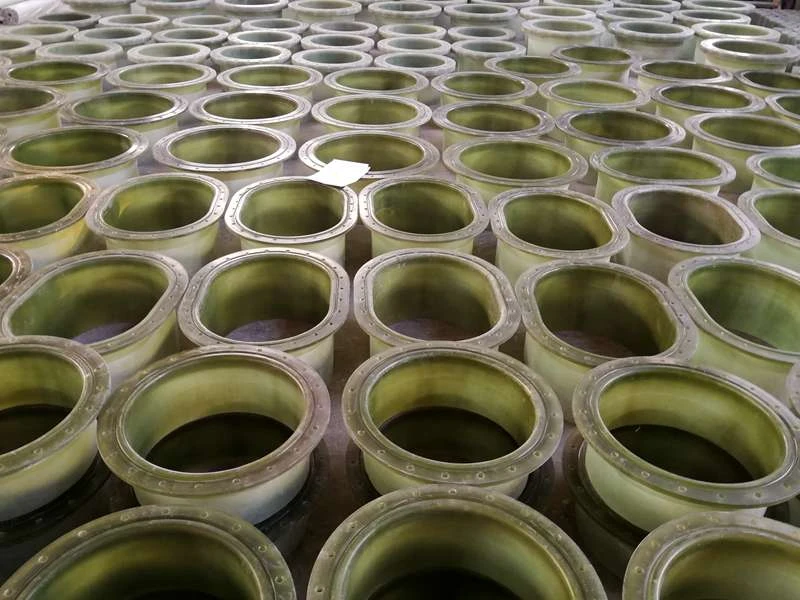
-
 Afrikaans
Afrikaans -
 Albanian
Albanian -
 Amharic
Amharic -
 Arabic
Arabic -
 Armenian
Armenian -
 Azerbaijani
Azerbaijani -
 Basque
Basque -
 Belarusian
Belarusian -
 Bengali
Bengali -
 Bosnian
Bosnian -
 Bulgarian
Bulgarian -
 Catalan
Catalan -
 Cebuano
Cebuano -
 China
China -
 China (Taiwan)
China (Taiwan) -
 Corsican
Corsican -
 Croatian
Croatian -
 Czech
Czech -
 Danish
Danish -
 Dutch
Dutch -
 English
English -
 Esperanto
Esperanto -
 Estonian
Estonian -
 Finnish
Finnish -
 French
French -
 Frisian
Frisian -
 Galician
Galician -
 Georgian
Georgian -
 German
German -
 Greek
Greek -
 Gujarati
Gujarati -
 Haitian Creole
Haitian Creole -
 hausa
hausa -
 hawaiian
hawaiian -
 Hebrew
Hebrew -
 Hindi
Hindi -
 Miao
Miao -
 Hungarian
Hungarian -
 Icelandic
Icelandic -
 igbo
igbo -
 Indonesian
Indonesian -
 irish
irish -
 Italian
Italian -
 Japanese
Japanese -
 Javanese
Javanese -
 Kannada
Kannada -
 kazakh
kazakh -
 Khmer
Khmer -
 Rwandese
Rwandese -
 Korean
Korean -
 Kurdish
Kurdish -
 Kyrgyz
Kyrgyz -
 Lao
Lao -
 Latin
Latin -
 Latvian
Latvian -
 Lithuanian
Lithuanian -
 Luxembourgish
Luxembourgish -
 Macedonian
Macedonian -
 Malgashi
Malgashi -
 Malay
Malay -
 Malayalam
Malayalam -
 Maltese
Maltese -
 Maori
Maori -
 Marathi
Marathi -
 Mongolian
Mongolian -
 Myanmar
Myanmar -
 Nepali
Nepali -
 Norwegian
Norwegian -
 Norwegian
Norwegian -
 Occitan
Occitan -
 Pashto
Pashto -
 Persian
Persian -
 Polish
Polish -
 Portuguese
Portuguese -
 Punjabi
Punjabi -
 Romanian
Romanian -
 Russian
Russian -
 Samoan
Samoan -
 Scottish Gaelic
Scottish Gaelic -
 Serbian
Serbian -
 Sesotho
Sesotho -
 Shona
Shona -
 Sindhi
Sindhi -
 Sinhala
Sinhala -
 Slovak
Slovak -
 Slovenian
Slovenian -
 Somali
Somali -
 Spanish
Spanish -
 Sundanese
Sundanese -
 Swahili
Swahili -
 Swedish
Swedish -
 Tagalog
Tagalog -
 Tajik
Tajik -
 Tamil
Tamil -
 Tatar
Tatar -
 Telugu
Telugu -
 Thai
Thai -
 Turkish
Turkish -
 Turkmen
Turkmen -
 Ukrainian
Ukrainian -
 Urdu
Urdu -
 Uighur
Uighur -
 Uzbek
Uzbek -
 Vietnamese
Vietnamese -
 Welsh
Welsh -
 Bantu
Bantu -
 Yiddish
Yiddish -
 Yoruba
Yoruba -
 Zulu
Zulu
fiberglass field tank
The Rise of Fiberglass Field Tanks Revolutionizing Water Storage Solutions
In recent years, the demand for efficient, durable, and cost-effective water storage solutions has skyrocketed, particularly in agricultural and industrial sectors. One of the most noteworthy innovations in this field is the fiberglass field tank. Designed for optimal performance and longevity, these tanks have begun to garner attention as an ideal solution for various water storage needs.
Fiberglass, or glass-reinforced plastic (GRP), is a composite material composed of a polymer matrix reinforced with finely woven glass fibers. This combination results in a product that is significantly stronger and more durable than many traditional materials. Due to its inherent properties, fiberglass has become an increasingly popular choice for constructing field tanks, offering unique benefits that make it particularly suited for water storage.
One of the primary advantages of fiberglass field tanks is their resistance to corrosion. Unlike metal tanks that can corrode or rust over time due to the constant exposure to water and environmental elements, fiberglass does not suffer from these issues. This characteristic ensures that the water stored inside these tanks remains uncontaminated, thus safeguarding the quality of the water and the health of its end users. Moreover, fiberglass tanks are also UV resistant, which prevents degradation from sunlight exposure, thereby extending their lifespan even further.
The lightweight nature of fiberglass is another factor contributing to the growing popularity of fiberglass field tanks
. These tanks are considerably lighter than their concrete or steel counterparts, which simplifies their installation and transportation. A lighter tank reduces the infrastructure costs associated with ground preparation, reducing overall project expenses. Additionally, the ease of handling allows for more flexible installation options in various terrains, making them an ideal solution for rural and remote areas where access can be challenging.fiberglass field tank

Further enhancing their appeal, fiberglass tanks are customizable in various sizes and shapes to fit specific requirements. Whether the need is for small-scale storage for agricultural use or large-scale systems for industrial operations, fiberglass tanks can be designed to accommodate a variety of volumes and configurations. This versatility also includes options for insulation and layering, allowing users to tailor their tank solutions to specific environmental conditions and ensure optimal temperature control for the stored water.
Cost-effectiveness is a critical concern for many businesses and farms, and fiberglass field tanks stand out in terms of long-term savings. While the initial investment might be higher than some alternative materials, the durability, low maintenance, and longevity of fiberglass tanks mean that they offer better value over time. Their resistance to algae growth and the need for less frequent cleaning further solidify their place as a financially savvy choice for water storage.
As the global focus shifts towards sustainable practices, the eco-friendliness of fiberglass also plays a vital role in its appeal. Fiberglass can be manufactured using recycled materials, which contributes to the reduction of waste in landfills and promotes a more sustainable production cycle. Furthermore, the longevity of fiberglass tanks means they don't need to be replaced frequently, further minimizing environmental impact.
The application of fiberglass field tanks extends beyond agriculture and industry; they are increasingly being utilized in municipal water systems, fire protection, and even recreational uses such as irrigation for gardens and landscapes. Their adaptability and resilience make fiberglass tanks an ideal choice for a diverse range of water storage needs.
In summary, the emergence of fiberglass field tanks represents a significant advancement in water storage solutions. Their combination of durability, resistance to corrosion and UV exposure, lightweight nature, and cost-effectiveness positions them as a smart investment for anyone in need of reliable water storage. As industries continue to seek sustainable and efficient solutions, fiberglass tanks are poised to play a vital role in meeting those demands, ensuring clean and safe water is always within reach. The future of water storage is undoubtedly bright, thanks to the innovative capabilities of fiberglass technology.









